"From Table to Earth: How Eco-Friendly Materials Are Reshaping the Sustainable Future of the Food Industry"
Share
"From Table to Earth: How Eco-Friendly Materials Are Reshaping the Sustainable Future of the Food Industry"
Under the dual pressures of climate change and plastic pollution, the global food industry is undergoing a "green revolution." From biodegradable takeout containers to edible cutlery made from seaweed, eco-friendly materials are not onlying traditional catering supplies but also becoming a core battlefield for corporate social responsibility. According to the Global Sustainable Catering Report 2023, 67% of chain restaurants have pledged to phase out single-use plastics by 2030, with the eco-material market expected to exceed $80 billion within five years.

■ Plant Fiber Tableware: Agricultural Waste Gets a Second Life
Innovative teams in Southeast Asia’s rice-producing regions are turning rice husks and sugarcane bagasse into heat-resistant (120°C) food containers. These materials decompose completely in soil within 90 days while reducing carbon footprints by 78% compared to conventional plastics. Thai restaurant chain "Green Spoons" eliminated 3.4 million plastic containers annually after switching to rice husk packaging in 2022, equivalent to cutting 52 tons of CO₂ emissions.
■ Edible Packaging: The Zero-Waste Ultimate Solution
London-based startup Notpla has disrupted the bottled water market with its seaweed-derived "Ooho" capsules, which biodegrade in 4-6 weeks or can even be eaten. During the 2024 UEFA European Championship, seaweed-based condiment sachets reduced plastic sauce packet usage by 89%. In California, cafes now serve coffee in cornstarch cups that customers can crumble into bird feed after use.
■ Smart Packaging: Low-Tech Solutions for Freshness
South Korea’s "nano-fiber保鲜膜" (preservation wrap), combining bamboo fiber and silver ions, extends strawberries’ shelf life by 40% while reducing refrigeration energy costs. German researchers developed color-changing smart labels that indicate food freshness, potentially cutting global food waste by 20%.
■ Challenges and Opportunities in Transition
Despite clear advantages, cost and regulations remain hurdles. Biodegradable tableware currently costs 35-50% more than plastic, while inconsistent "compostable" certification standards across countries complicate adoption. However, policies like the Netherlands’ plastic tax and the EU’s Single-Use Plastics Directive are accelerating change.
The food industry’s green transition is no longer just an ethical choice but a survival strategy. From Michelin-starred restaurants to street vendors, embracing eco-material innovation is key to thriving in the sustainable economy.
